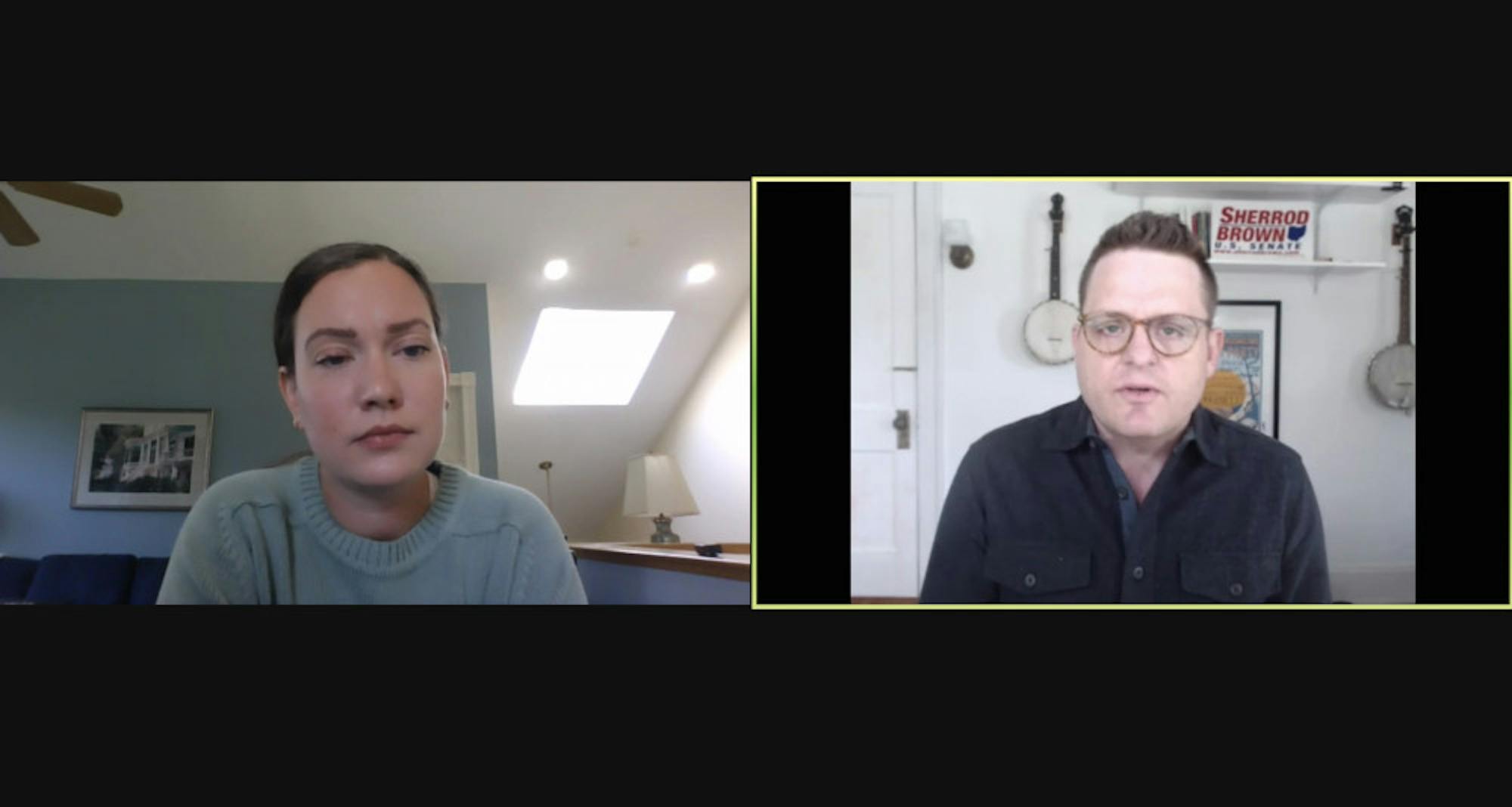Matt Hildreth, executive director ofRuralOrganizing.org, a national organization that advocates for progressive causes in rural America, spoke to the Tufts community in a webinar on Monday. The event was part of the Civic Life Lunch series hosted by the Jonathan M. Tisch College of Civic Life, and was moderated by Jessica Byrnes, program administrator at Tisch College.
Byrnes first asked Hildreth whether the coastal progressives’ perception that rural voters are more likely to be conservative has merit.
While Hildreth acknowledged that rural voters are more likely to be conservative or moderate, he said it is inaccurate to assume that the farther away a nonurban area is from a city, the more conservative it is.
Byrnes then inquired about the challenges Hildreth has faced in organizing in rural communities.
Hildreth explained that his organization is an online network precisely because he realized that the remote location of rural areas made outreach to them difficult. He also noted that President Donald Trump's campaign in 2016 took advantage of social media platforms, primarily Facebook, to reach rural communities, a strategy Democrats did not adopt.
In addition, Hildreth explained that Republicans and Democrats have advanced negative stereotypes of rural voters, making them feel alienated from the political process.
“Democrats tend to think that rural voters are all Trump voters, or they’re all locked in on the Republican Party, so they have kind of walked away and given up,” he said. “I think most Republicans think rural voters are all white, racist and conservative, so they perpetuate those stereotypes through their messaging.”
Byrnes also asked Hildreth what he thinks about the idea of “civic deserts,” a termcoined by researchers at the Center for Information & Research on Civic Learning and Engagement at Tisch College, which describes regions, especially rural areas, that lack the infrastructure and opportunities for people to become civically engaged.
Hildreth explained that his team has incorporated the findings of the research into its practice.
“I actually don’t think you can understand rural communities and rural issues without understanding this concept of civic deserts, so that has been fully integrated into our work,” he said.
Byrnes then asked Hildreth to speak more about hisrecent op-ed calling for Joe Biden, should he win the U.S. presidential election, to establish a national Office of Rural Prosperity.
Hildreth explained that the idea was inspired by Laura Kelly, the governor of Kansas who established theOffice of Rural Prosperity soon after winning the gubernatorial race in 2018. Hildreth believes that, due to the location of rural populations and bureaucratic complexities surrounding government programs, rural voters are unable to take advantage of programs that assist them. The office he proposes would be a space where they can navigate such programs.
“Our idea is to create a centralized office where these programs can be focused on and also that we can unify the strategy of all these different agency areas to have a real focus,” Hildreth said.
Hildreth noted that other programs like government subsidies do not benefit the targeted population and are instead absorbed by large corporations, such as Walmart, which pull money out of rural communities.
“The way that we’re subsidizing those communities results in population loss, results in the consolidation of industries,” Hildreth said. “It’s just not a unified strategy ... we want to make sure that we’re keeping rural dollars rural.”
After the event opened to questions from the audience, a student asked Hildreth why Ohio has become more firmly Republican this election cycle, and how progressives can best engage with issues rural Ohioans care about.
Hildreth argued that those living in rural Ohio felt ignored by both parties, which allowed Trump’s anti-establishment tone and unconventional style to attract them.
“Because of the ‘civic deserts,’ people feel disconnected from institutions making decisions about their lives … they kind of knew [voting for Trump] was a crazy Hail Mary pass,” Hildreth said. “Trump convinced them this idea of ‘draining the swamp,’ rural voters are very anti-corruption, very anti-corporate and Donald Trump tapped into that messaging.”
Hildreth emphasized that Democrats and progressives should focus on issues relating to healthcare and COVID-19 in rural Ohio. He noted that the stereotype of rural economies being centered on agriculture was vastly inaccurate and that health services are essential to these regions.
“A key to understanding rural voters is to understand that, yes, agricultural economies directly impact communities, but when it comes to people’s day-to-day income, that’s much more connected into things like healthcare and education,” Hildreth said.






